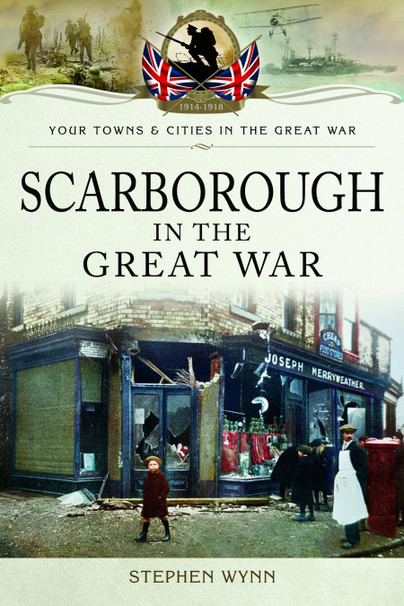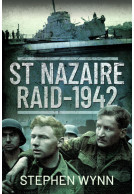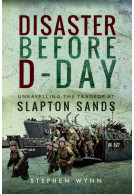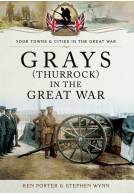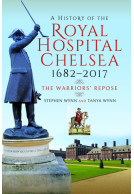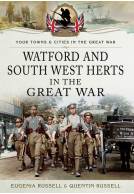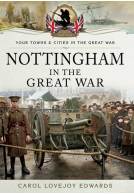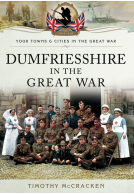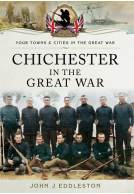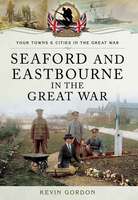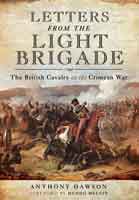Scarborough in the Great War (Paperback)
By
Stephen Wynn
Imprint: Pen & Sword Military
Series: Your Towns & Cities in The Great War
Pages: 254
Illustrations: 100
ISBN: 9781473828612
Published: 23rd May 2018
Imprint: Pen & Sword Military
Series: Your Towns & Cities in The Great War
Pages: 254
Illustrations: 100
ISBN: 9781473828612
Published: 23rd May 2018
You'll be £14.99 closer to your next £10.00 credit when you purchase Scarborough in the Great War. What's this?
+£4.99 UK Delivery or free UK delivery if order is over £40
(click here for international delivery rates)
Need a currency converter? Check XE.com for live rates
(click here for international delivery rates)
Need a currency converter? Check XE.com for live rates
| Other formats available | Price |
|---|---|
| Scarborough in the Great War ePub (9.3 MB) Add to Basket | £6.99 |
In the early months of the war, for most people Scarborough was just another town somewhere in northern England, where exactly, they weren't entirely sure. But all of that changed at 8 am on the morning of 16 December 1914, when three vessels of the Imperial German Navy positioned themselves about 10 miles off of the north-eastern coastline and opened fire. The ensuing attack lasted for some 30 minutes and by the time it was over, 78 people, including women and children, had been killed and a further 228 were wounded.
The disbelief at how the attack had been allowed to take place was keenly felt by the British public, and the Government were quick to turn the attack to their advantage by making it part of a propaganda campaign 'Remember Scarborough', which they used on Army recruitment posters.
If it hadn't been before, the war had suddenly become a harsh reality for the entire nation, and the town of Scarborough was now well and truly on the map.
After the war, the names of the hundreds of young men from the town who had been killed on a foreign battlefield, or the in the icy waters of the high seas, were commemorated on the Scarborough War Memorial at Oliver's Mount. All of these names, as well as those who had been killed in the raid of 16 December 1914, are a true testament to the price Scarborough paid for playing her part in the First World War.
As featured in
The Great War Magazine, May 2019
As featured in
Stand To! Journal of the Western Front Association
It's the kind of title anyone interested in their local history will find fascinating.
The Armourer, October 2018
About Stephen Wynn
Stephen is a retired police officer having served with Essex Police as a constable for thirty years between 1983 and 2013. He is married to Tanya and has two sons, Luke and Ross, and a daughter, Aimee. Both Stephen’s grandfathers served in and survived the First World War, one with the Royal Irish Rifles, the other in the Mercantile Marine, whilst his father was a member of the Royal Army Ordnance Corps during the Second World War.
When not writing Stephen can be found walking his dogs with his wife, Tanya, at some unearthly time of the morning when most normal people are still fast asleep.
More titles by Stephen Wynn
Customers who bought this title also bought...
Other titles in the series...
Other titles in Pen & Sword Military...







